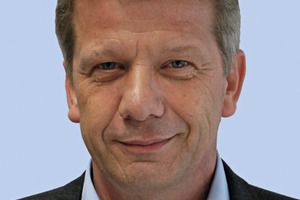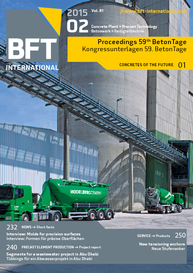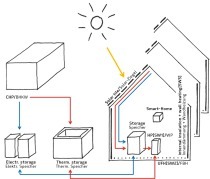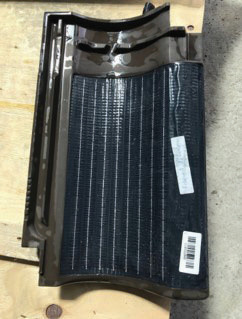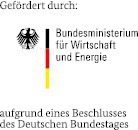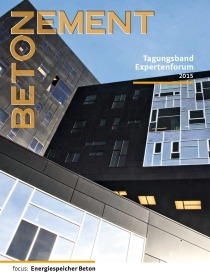Grid-reactive buildings
The implementation of energy policy goals of the EU [1] requires an ambitious expansion of renewable energies (RE). The national action plan of the federal government in Germany therefore provides for a 19.6 % share of renewable energies in the gross final energy consumption, with the electricity sector having to realize a share of 38.6 %, the heating and cooling sector of 15.5 % and the transport sector of 13.2 % [2]. However, the Renewable Energy Progress Report published by the EU in 2013 shows that many member states, including Germany, need to take additional efforts to achieve this...

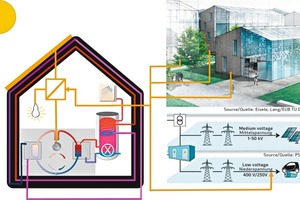
![→ 2 Test set-up with research container, Ducon slabs with capillary tube matting, test facility for floor slabs and façade panels for analyzing the efficiency and the behavior of thermally activated UPHC shells under real environmental impacts [8]](https://www.bft-international.com/imgs/tok_2831e26afb114aab3c2b68bbaf4b2858/w300_h200_x400_y150_103973169_63555d0c89.jpg)
